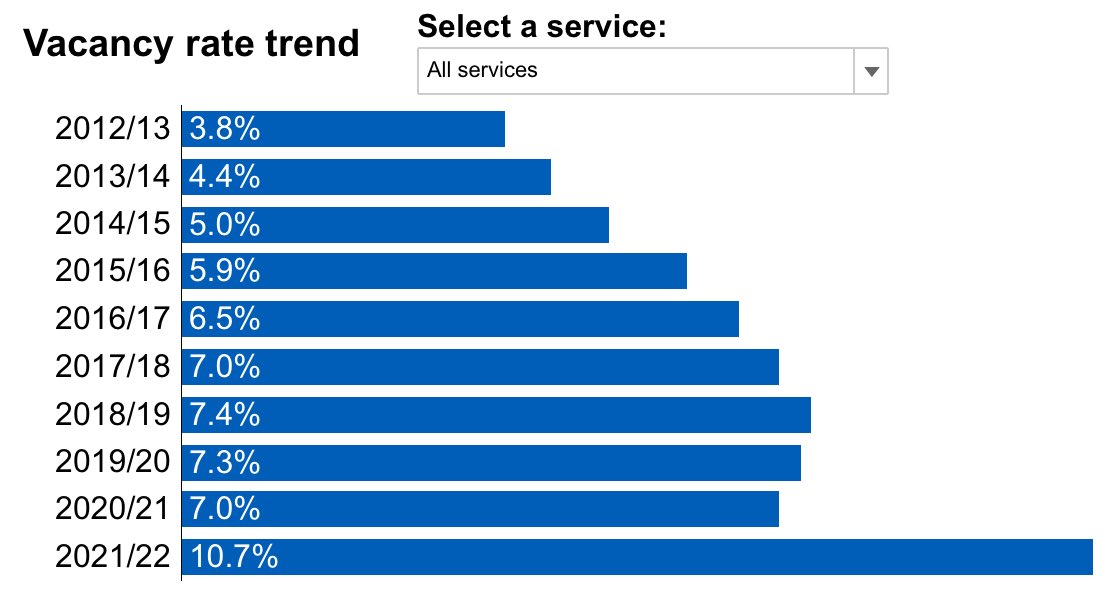Today's @thefabians report on a National Care Service offers thorough analysis of #socialcare problems and wide-ranging proposals for reform. It was commissioned by @UKLabour, perhaps the next govt, so should command attention. But it has issues. A thread. independent.co.uk/news/uk/home-n…
The report is comprehensive and, in the main, detailed. There are 48 major proposals, grouped in 10 sections: structure and identity, workforce, co-production, rights, carers, access, models of support, providers, affordability, money.
FOUR big proposals stand out to me...
FOUR big proposals stand out to me...
1> Overall, the direction is toward greater national direction and control over #socialcare. National govt will be responsible for #socialcare funding, provider pricing, workforce pay rates, strategy, leadership and branding. That is a major change from the current system
2> But there's also a big change in local authorities’ responsibilities. They would commission virtually ALL care, not just - as now - care for council-funded clients but for self-funders too.
3> This means that virtually all #socialcare providers would have to be part of the National Care Service and have to apply those nationally-set rates, staff pay, branding etc. That would involve a huge change to the provider market.
4> A further massive change is that councils would receive national funding for #socialcare (rather than raising most of their own cash locally, as now). This would probably need to involve wider reform of local government finance, so is again a huge deal.
Other big proposals include a measures to introduce more co-production, clearer individual rights, more carers' rights, more prevention. There is an awful lot of policy within those 48 proposals, which is good. We need big ideas and big visions in #socialcare.
Despite that scope, one strength of the report is that it still comes across as a coherent whole rather than a long list of wannabee policies. There is a clear strategic drive and consistency of purpose about the proposals which, whether you support them or not, is welcome.
It’s not all positive, though. The big gap is an echoing lack of clarity on who would get what #socialcare support and how much they'd have to pay towards it. Here the report provides a list of policy options, including a cap on care costs, but offers little by way of direction.
That’s a major issue. The ‘National Care Service’ concept mirrors the NHS in many ways. Yet the defining feature of the NHS for most people is free, universal healthcare access and there is a big hole in this report where a clear offer on improving #socialcare access ought to be
The further big issue is that - for all its merits and who commissioned it - this is not @UKLabour policy, it’s a think tank report. And there is currently a huge gap between the report’s ambition/scale and the narrowness of Labour's current #socialcare plans.
Those @UKLabour plans were set out (in an NHS strategy document, for heaven’s sake!) and, while they do talk about a 10-year #socialcare programme, the only really concrete measure is on workforce.
So, given the funding needed just to stabilise the current system, people would be wise not to get too excited about any proposals until it’s clear that widescale reform of #socialcare is genuinely a new government’s priority. We are a long way from that at the moment.
The full report is here unison.org.uk/content/upload…
• • •
Missing some Tweet in this thread? You can try to
force a refresh

 Read on Twitter
Read on Twitter










